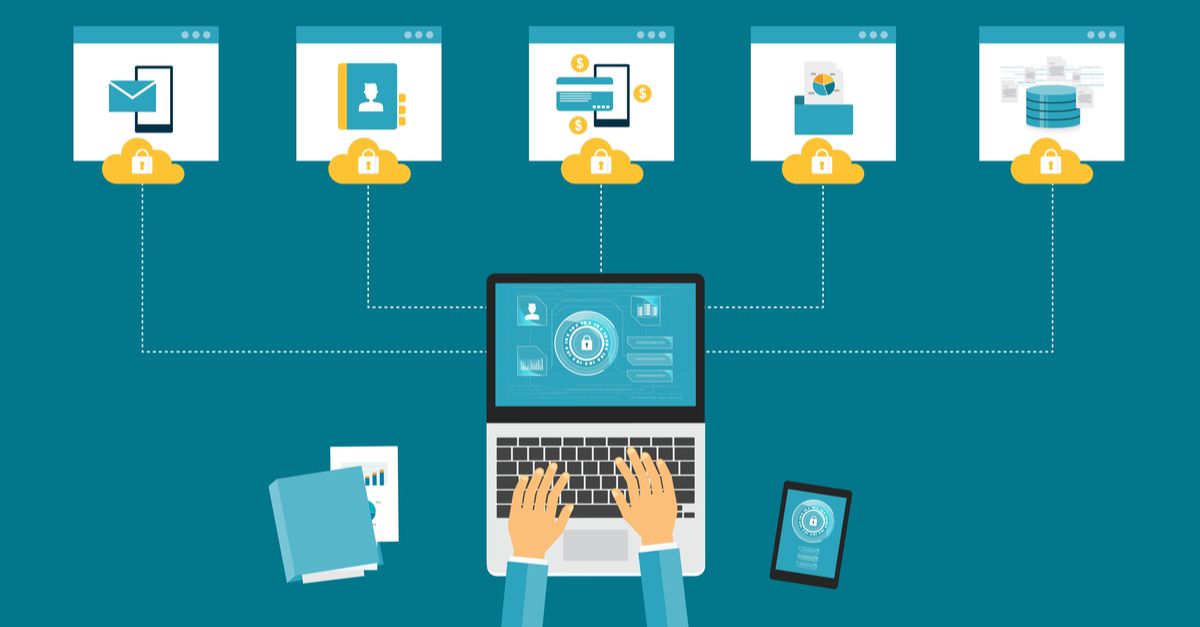Why Sandbox Safety Testing?

Traditional security testing methods like penetration testing and vulnerability scanning only examine an application from the outside and often miss important issues within the application code itself. A sandbox allows security testers to mimic real-world user behavior and interactions to find vulnerabilities that may be exploited.
By executing software code and features in a controlled sandbox setting, testers can lookup extra deeply for flaws like SQL injection, cross-web-site scripting (XSS), authorization bypass, and various troubles.
Mimic Genuine Person Actions
Inside of a sandbox, protection testers can mimic the wide variety of behaviors authentic consumers might exhibit. They can enter a variety of types of untrusted facts into forms, comply with all links and application flows, and usually explore the appliance additional totally than external scanners make it possible for.
This helps uncover concerns connected to enter validation, access controls, as well as the safe dealing with of delicate details that scanning tools might overlook.
Automated Screening Capabilities
A lot of sandbox platforms present APIs and automation abilities that make it possible for with the automatic simulated use of apps. Testers can programmatically crank out significant volumes of exam payloads and take a look at the applying in bulk.
This automatic fuzzing and brute pressure tactics can find concerns at scale that will be not possible with only manual tests. What's more, it lets screening environments to become refreshed regularly as new vulnerabilities are found.
Key Abilities for Extensive Security Tests
When deciding on a sandbox platform, it is important to evaluate its abilities for extensively stress screening all elements of an software.
Input Validation Screening
The sandbox ought to make it possible for producing a variety of malicious payloads to check fields like names, addresses, numbers, information, and another consumer-equipped information. Payloads could include things like oversized values, unusual formats, Exclusive characters, together with other unwanted material.
Authorization and Entry Controls
Testers need the chance to specifically obtain application functionality and assets devoid of going through the key UI, to probe for weaknesses like missing authorization on APIs or capacity to entry limited parts.
Session Administration Tests
Options for manipulating and enumerating session IDs, parameters, and cookies are important to examine weaknesses in how session point out is protected and authenticated.
Output Encoding/Filtering
The ability to execute reflective XSS and evaluate page content material for vulnerabilities is key to verifying delicate details and scripts are properly encoded on output.
Automatic Scanning Brokers
Crawling bots and authenticated scanning agents enable completely mapping an application's composition, parts, and authorization controls in an automated style.
Sandbox System Things to consider
When picking out a sandbox screening Answer, builders and protection teams also needs to Consider platform-unique issues like the following:
Supported Systems
The solution should guidance all pertinent languages and frameworks the application uses, from primary Net infrastructure to cell/native and API technologies.
Deployment Overall flexibility
Options for on-premises, personal cloud, or SaaS deployment are important determined by a corporation's safety desires and infrastructure.
Integration with Tooling
Out-of-the-box help for prevalent tools like firewalls, networks monitoring, CI/CD pipelines, and bug trackers streamlines the tests procedure.
Pricing and Licensing
Expenditures need to scale appropriately for both equally development testing and prolonged-time period stability applications, like guidance for occasional and contracted tests.